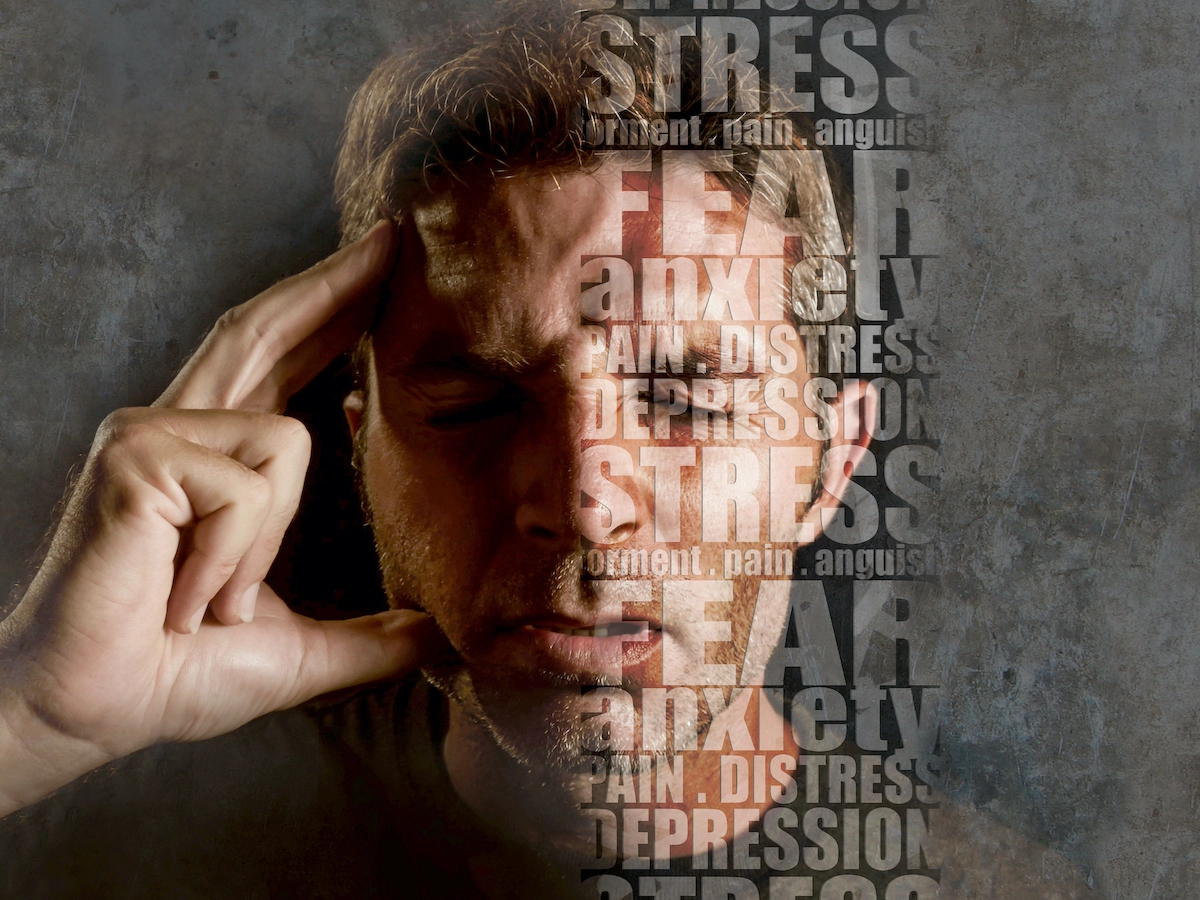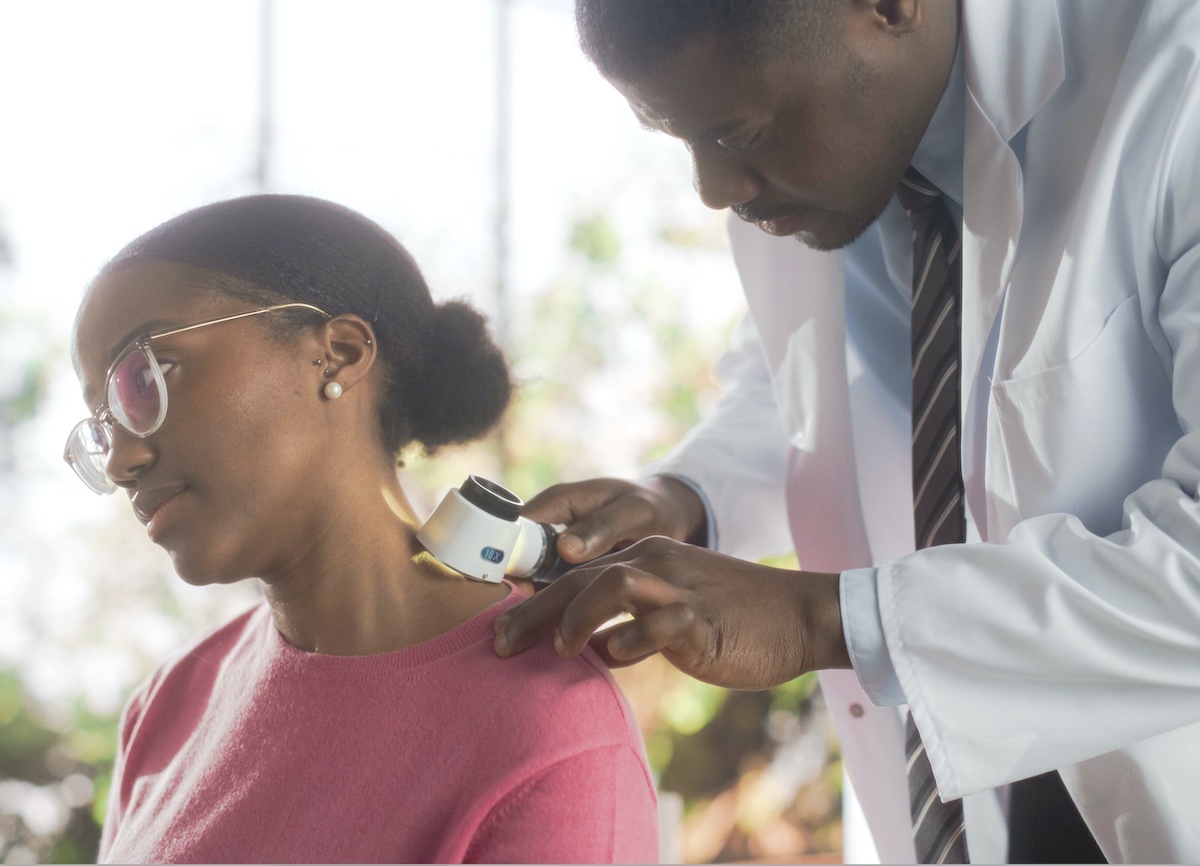
Life gives lots of reasons — large and small — to feel short bouts of anxiety. For most people, those feelings go away when a problem or situation resolves. However, extreme, and ongoing anxiety and worry that is difficult to control could be symptoms of generalized anxiety disorder.
Generalized anxiety disorder can cause feelings of panic, terror or dread during situations that aren’t threatening.
Sometimes, people don’t even know why they are feeling so anxious. It’s possible to develop generalized anxiety disorder as a child or as an adult.
What does it feel like to have generalized anxiety disorder?
Symptoms of generalized anxiety disorder can include:
- Worrying excessively about lots of things, like health, relationships, and money.
- Not being able to control feelings of worry.
- Planning for worst-case scenarios.
- Having problems dealing with uncertainty.
- Having difficulty concentrating.
Physical symptoms may include:
- Feeling restless, irritable or on edge.
- Pounding or racing heart.
- Shortness of breath.
- Sweating.
- Shaking or trembling.
- Insomnia or trouble sleeping.
- Headache, stomachache, or diarrhea.
There may be times when your worries don’t completely consume you, but you still feel anxious even when there’s no apparent reason. For example, you may feel intense worry about your safety or that of your loved ones. Or you may have a general sense of dread or that something bad is about to happen.
Help is available
If you think that you might have generalized anxiety disorder, or if you just want some help dealing with your feelings, a mental health professional or other health care professional can help you. You may be asked to fill out a simple survey that asks you to rate, on a scale of 1 to 5, the different types of feelings you’re having.
Treatment for generalized anxiety disorder usually involves a combination of talk therapy, also called psychotherapy, and medicine.
- Talk therapy focuses on teaching new ways of thinking about, reacting to and coping with situations. Over time, this helps you manage your anxiety and return to your usual activities.
- Medicines called antidepressants, like selective serotonin reuptake inhibitors (SSRIs) and serotonin and norepinephrine reuptake inhibitors (SNRIs), are common treatments.
If you think you might have an anxiety disorder, it’s important to remember that help is available. You don’t have to deal with this alone. Talk to your health care team, and together you can find treatment that works best for you.Sources:https://www.mayoclinic.org/connected-care/anxious-or-anxiety-disorder-how-to-tell/cpt-20541897;
Generalized anxiety disorder. Mayo Clinic. https://www.mayoclinic.org/diseases-conditions/generalized-anxiety-disorder/symptoms-causes/syc-20360803. Accessed Sep. 13, 2023;
Anxiety disorders. National Alliance on Mental Illness. https://www.nami.org/About-Mental-Illness/Mental-Health-Conditions/Anxiety-Disorders. Accessed Sep. 17. 2023;
Anxiety disorders. National Institute of Mental Health. https://www.nimh.nih.gov/health/topics/anxiety-disorders.








